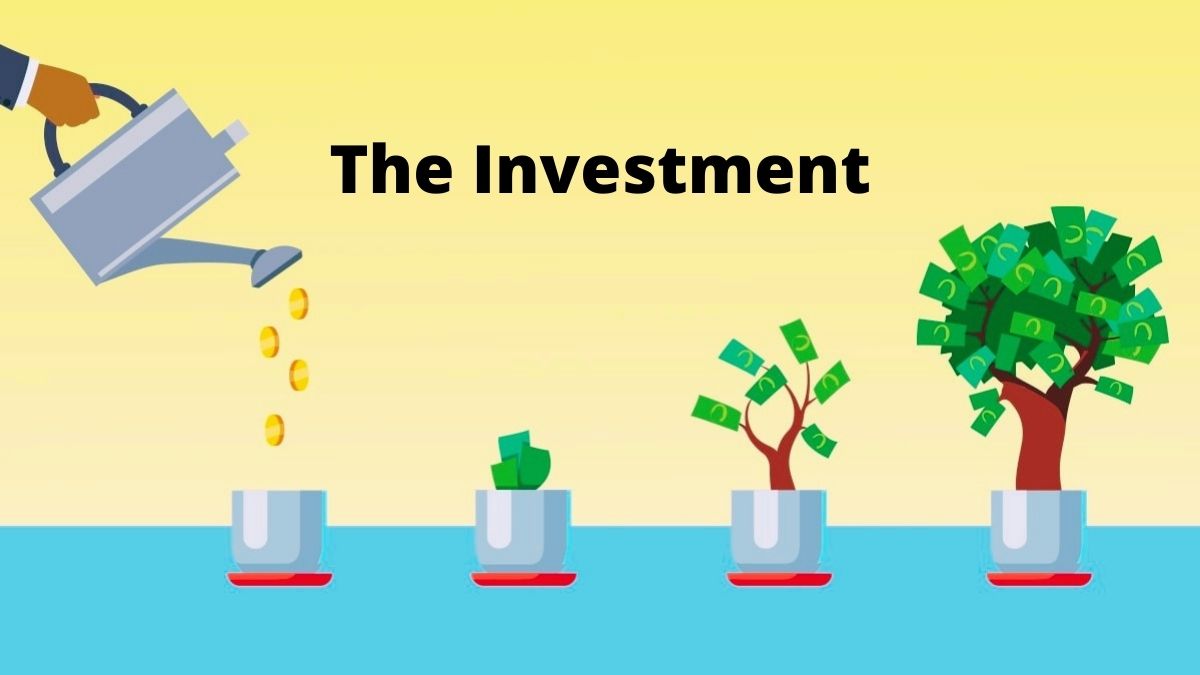AI is the fashionable technology, the innovation destined to transform all types of sectors in the coming years. Its emergence in the last year has unleashed a rain of money from venture capital firms to the most promising startups in the sector.
The funds remember, however, that investing in generative AI today is, at best, “unfriendly”: it is an expensive technology and the number of projects that exist makes it difficult to distinguish the wheat from the chaff.
It is the word of 2023 and it is possible that it will also end up being the word in 2024. AI is more fashionable than ever since in a matter of months generative tools such as ChatGPT, from OpenAI, the company whose reins Sam Altman has recently taken over again , will jump to the fore to finally conquer the hearts of the general public.
Thanks to increasingly intuitive systems, tools based on deep learning are becoming more accessible to consumers and, therefore, also more interesting for companies and investment funds.
In this context, one would expect a flood of millions from venture capital. And there is some of that, although with notable nuances. In a talk held within the framework of Tech Insider, an event organized by Business Insider Spain that was sponsored by Havas Media Network and the collaboration of Outbrain, ESIC and Xiaomi , some of the most reputable Spanish experts in the field of venture capital have explained what is the other side of investment in such an incipient technology but from which, on the other hand, great things are expected .
“I am a firm believer that there has to be more investment in general. Spain has grown a lot in funds, we have gone from attracting 200 or 300 million a year to attracting 2,000 or 3,000 . This in the end goes to companies that generate employment, marketing. ..”, explained Aquilino Peña, co-founder and partner of Kibo Ventures.
“AI is the biggest investment category right now for us. But we have to remember that they are unfriendly business models from a capital point of view because they are very expensive. It’s not that all the money goes to engineers, but we do have to spend a lot on equipment and computing capacity,” he added.
On the other hand, Peña considered, we must add the expense of purchasing the data with which these technologies are fed, maintaining them, which represents a variable cost. “Capital is a competitive weapon, and in Spain we do not have weapons as great as in other places. That is why we have to go less to infrastructure and more to the development of cases that make sense .”

The data supports this point of view. For the first time in the last decade, year-on-year private investment in artificial intelligence has decreased, according to data from the 2023 Artificial Intelligence Index Report, prepared by Stanford University.
Specifically, global private investment in AI was $91.9 billion in 2022, a decrease of 26.7% from 2021. The total number of AI-related funding events, as well as the number of startups of funded AI, also decreased.
This, considering that, over the last decade, investment in AI has increased significantly. In 2022, the volume of private investment in AI was 18 times higher than in 2013.
The issue is especially important in a context in which venture capital investment in Europe has plummeted by 45% in the last year, according to Atomico’s latest annual report .
This has been noted especially in the rounds of more than 100 million dollars in the old continent. This year, only 36 have been registered compared to 163 in 2022 and 200 in 2021. As a result, Europe has added only seven more unicorns, among which are companies such as DeepL, Helsing.ai, Synthesia or Quantexa, among others.
AI represents a good opportunity to reverse some of this data. Among these use cases, Peña highlighted, for example, companies such as Mitiga Solutions, a startup that has recently raised more than 12 million euros and counts among its partners large companies such as Indra, Microsoft and the Red Cross in Denmark.
It is a company that uses AI to anticipate the dangers brought about by climate change: extreme temperatures and precipitation, coastal and river flooding, thermal stress, drought, forest fires and extreme winds.
” We help you adapt to the new reality of climate risk : more large-scale extreme phenomena, a greater recurrence of small phenomena with cumulative impact and a changing geography of the distribution of dangers,” the company itself explains.



